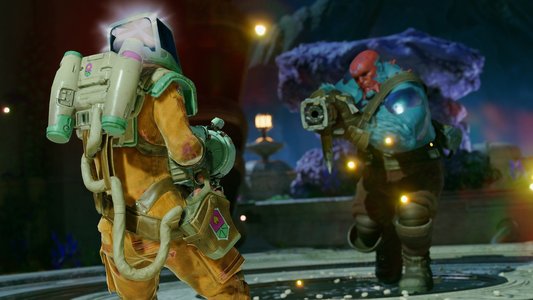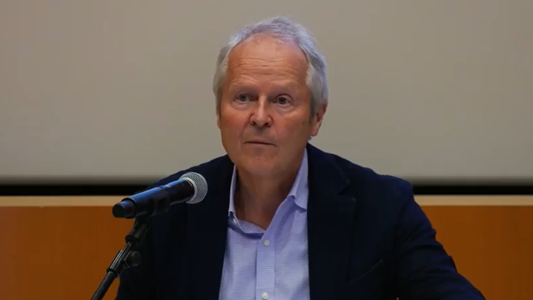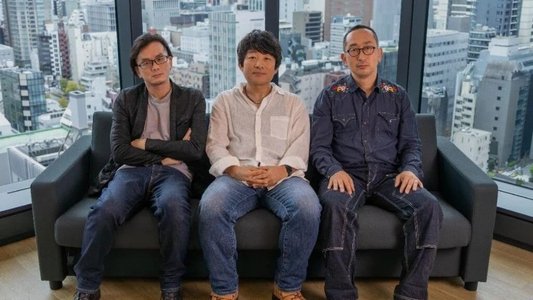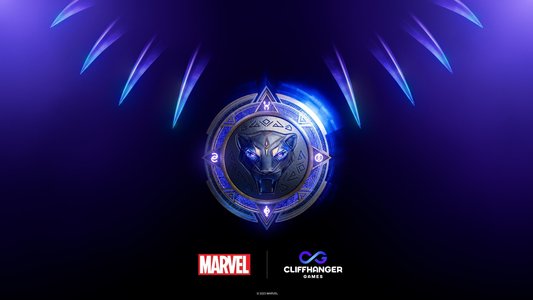[This week, our partnership with game criticism site Critical Distance brings us picks from David Carlton on topics including why Skyrim is for Communists, games of chance and cheating, and more.] Welcome to the first This Week in Videogame Criticism of 2012! It's been a long time since TWIVGC first came on the scene; I confess, I rather miss the tapestry pictures that graced the earliest episodes. This week's host is David Carlton: I've proofread these not infrequently in the past, but apparently the entire regular roster of editors is still hungover from New Year's parties (So very true – Ed.), so we're dipping down into the minor leagues this week and having me do some actual writing this time (To be more accurate, the other editors are probably still recovering from our twin year-end extravaganzas.). Don't worry, whichever editor is looking this over before hitting publish: I only included one link that points to someplace completely inappropriate in my browser history, three apostrophe confusions, two missed italicizations of game names, and as many uses of "video games" instead of "videogames" as I could work in: not much for you to fix! (Well, that plus most of this first paragraph.) (What is this, I don't even… – Ed.) But enough of my TWIVGC babbling, on to our regular business. The week between Christmas and New Year's was relatively light on blogging, but the Brindles reminded us of what the season is all about: gamification and incentives. As they say:
"Since randomized rewards are more compelling for players than certain ones, all the children were hooked, but concerted efforts were made to game the system. The great gerrymander that giving had become was characterized by two perverse incentives – the incentive to buy what you would like to receive, and the incentive to buy what you don't want others to get."
(Don't miss the turkey slaughter bit, either.) Speaking of gamification, the end of the year also brought us the usual onslaught of "best-of-the year" lists; such lists traditionally are light on both criticism and distance, and perhaps the following is no exception, but Kotaku's Kirk Hamilton compiled a list of "All of the Best Video Game Music of 2011" that made me smile more often than any of the rest of the links here. Excellent music to TWIVGB by! The piece that I've seen linked to the most this week is Chris Dahlen's post at Save the Robot on Dark Souls as a "Great Big Puzzle Box". Yes, the game is difficult, yes that's important, but there's more to the game's design than that alone might suggest. As he says in a discussion of the game's open world nature
"Why would the designers give us these options when all but one of them leads to disaster? Because if we make the decision, we own the consequences. When we talk about "open world" games, we think of words like 'discovery' and 'freedom,' and sometimes we conflate the terms: if we can discover the game on our own, then we must be free. But there's no freedom in Dark Souls. The designers let us discover and experience the place on our own, while hooking us on an invisible leash to keep us more or less on task. Yet we still feel like we've conquered this space, because we put it together ourselves—unlocking our own shortcuts, discovering how the levels connect, and making our mental maps of the entire world."
I joked about lack of distance up above, but of course we're quite guilty of promoting discussion of the latest games here ourselves; I'll continue in that grand tradition with a couple of Skyrim posts. In the first, RAD of The Gwumps claims that "Skyrim is for Communists", delving into the game's economic system ((S)he touches in part on crafting; for a take on crafting in a non-Skyrim context, see "Can I Craft That For You?" by Eric of Critical Missive.). Meanwhile, Amanda Lange of Second Truth returns to a conversation that was kicked off by Deadly Premonition's release and continued off and on all year; she concludes her "Thoughts on The Elder Scrolls V: Skyrim, and Its Critical Reception, After Playing it 130 Hours" by saying "…one might write 'This game is pretty messy in every conceivable way. I played over 100 hours. I can't wait to play it again.'", and I for one would like more games writing that's motivated by that feeling. Adding a bit more distance to the mix: as I'm making my preparations for GDC 2012, I remember getting my first glimpse of Neptune's Pride during GDC 2010. Electron Dance is still writing about the game; Laura Michet first shares her experiences with it, which are a sort of mirror image honest response counterpart to Amanda Lange's article above and which caused her to give up on the game in short order. And Joel Goodwin acknowledges Laura's feeling (and, in fact, says that he himself will "never play Neptune's pride again"), wondering if the strong feelings of those who continue to be absorbed by the game are due to survivorship bias. And jumping between older and newer games (and, as a bonus, filling in two more squares of your game criticism bingo card!), we have Michael Peterson of Project Ballad's post "Good Morning, Crono!" relating Chrono Trigger's opening with Skyward Sword's. As he says:
"The problem in every creative industry is that we do what has already worked before, even when that thing no longer fits. For some, that means the very nature of a thing, such as turn-based combat, and for others, it mean









































